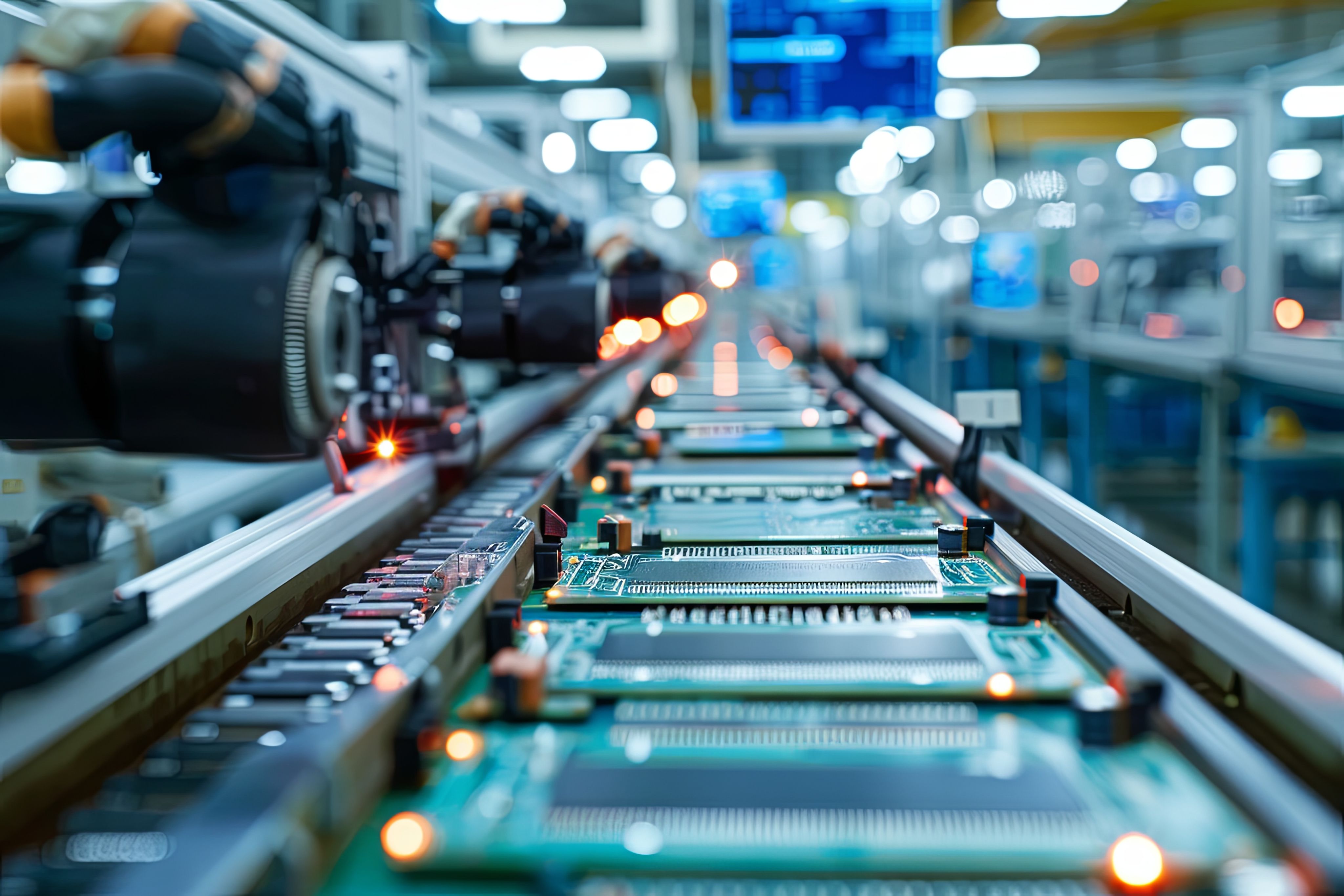South Korea's AI ambitions face daunting hurdles, despite president's call for all-out drive
South Korea's AI ambitions face daunting hurdles, despite president's call for all-out drive
15 October 2024
By Choonsik Yoo
If only it were as easy to realize South Korea's lofty artificial intelligence ambitions as entering a cleverly written prompt into a powerful AI chatbot. Late last month, President Yoon Suk Yeol declared an “all-out effort” to position the country at the forefront of the global AI race. However, his aggressive push faces strong headwinds from domestic political deadlock, snowballing tax-revenue shortfalls and delayed progress in local technology development.
South Korea was one of the earliest adopters of AI-driven transformation, learning from its successful escape from the brink of sovereign bankruptcy following the Asian financial crisis of 1997-98 through massive investment in Internet-driven innovation. But that nimble approach is now running up against serious real-world roadblocks.
Absolute minority
The biggest challenge is political deadlock, with the ruling party remaining a minority in parliament and Yoon’s public approval rating hovering at career lows. The month-long parliamentary audit of state affairs, which started this month, has frequently become a stage for fighting over mostly peripheral issues.
For instance, the Science, ICT, Broadcasting, and Communications Committee, heavily controlled by the opposition, supervises AI policies as well as politically sensitive media policies. It has recently begun reviewing AI law proposals but spent far more time scuffling over broadcasting policies.
Over the past 15 months, two out of three chiefs of the Korea Communications Commission — the media regulator — resigned, and the third was suspended following threats and actual impeachment motions by the opposition. The commission is now unable to make key decisions, because the acting chief is the only commissioner in office.
President Yoon last month held the inaugural meeting of the Presidential Committee on AI, the country’s highest-profile organization to oversee AI policies, and declared his ambition to see South Korea become an AI powerhouse. However, some policy plans still require parliamentary support, especially those involving budget allocations.
Massive tax shortfall
The Presidential Committee, upgraded from the previous minister-level organization, announced four major projects at last month’s meeting to help South Korea become a global AI leader by 2027. It did not elaborate on the estimated fiscal spending that would be required, but it will face strong pushback from parliament, where the opposition’s over 60-percent control will last past 2027.
In addition to political challenges, the government faces a severe tax revenue shortfall due to a persisting economic slump. The Ministry of Economy and Finance said last month that this year’s tax revenue will likely fall 29.6 trillion won ($21.7 billion) — or 8 percent — short of the target of 367.3 trillion won.
The government has submitted next year’s budget bill to parliament, assuming tax revenue will rise modestly to 382.4 trillion won. However, this year’s downward revision may prompt further cuts — either voluntarily or led by the opposition — leaving less money available to fund AI-related projects.
Even if tax revenue meets the target, the Yoon government has refused to increase AI spending to match rival countries, such as Canada and France, instead focusing on streamlining budget spending practices and containing ballooning government debt at a time of fast population aging and a cooling economy.
Disappointing technology development
South Korea’s AI ambitions are also hindered by delays in technology development compared to earlier expectations as well as that of other countries. Samsung Electronics' share price has dropped more than 20 percent this year, while AI-related exchange-traded funds also fell due to delayed domestic technology progress.
Samsung and Naver Corp, the country’s largest Internet company and an AI innovation leader, had earlier agreed to jointly develop AI semiconductors, but the project has apparently failed to materialize for unknown reasons, MLex understands.
Samsung's tumbling stock price also reflects growing disappointment among investors both at home and abroad with the pace of its AI-related technology development, including repeated failures to produce high-bandwidth memory — or HBM — chips with specifications required by global AI processor leader Nvidia.
South Korea has boasted of being one of the few countries, aside from the US and China, capable of building its own AI ecosystem — from high-end hardware production to AI model development and cloud services. However, fears are growing that this might soon become a thing of the past.
The country's AI ambitions are struggling to overcome real-world problems.
For the specialist news and predictive insights you need to stay ahead of the policies, rules, laws and litigation set to shape the future deployment of AI, activate your instant trial of MLex today.





